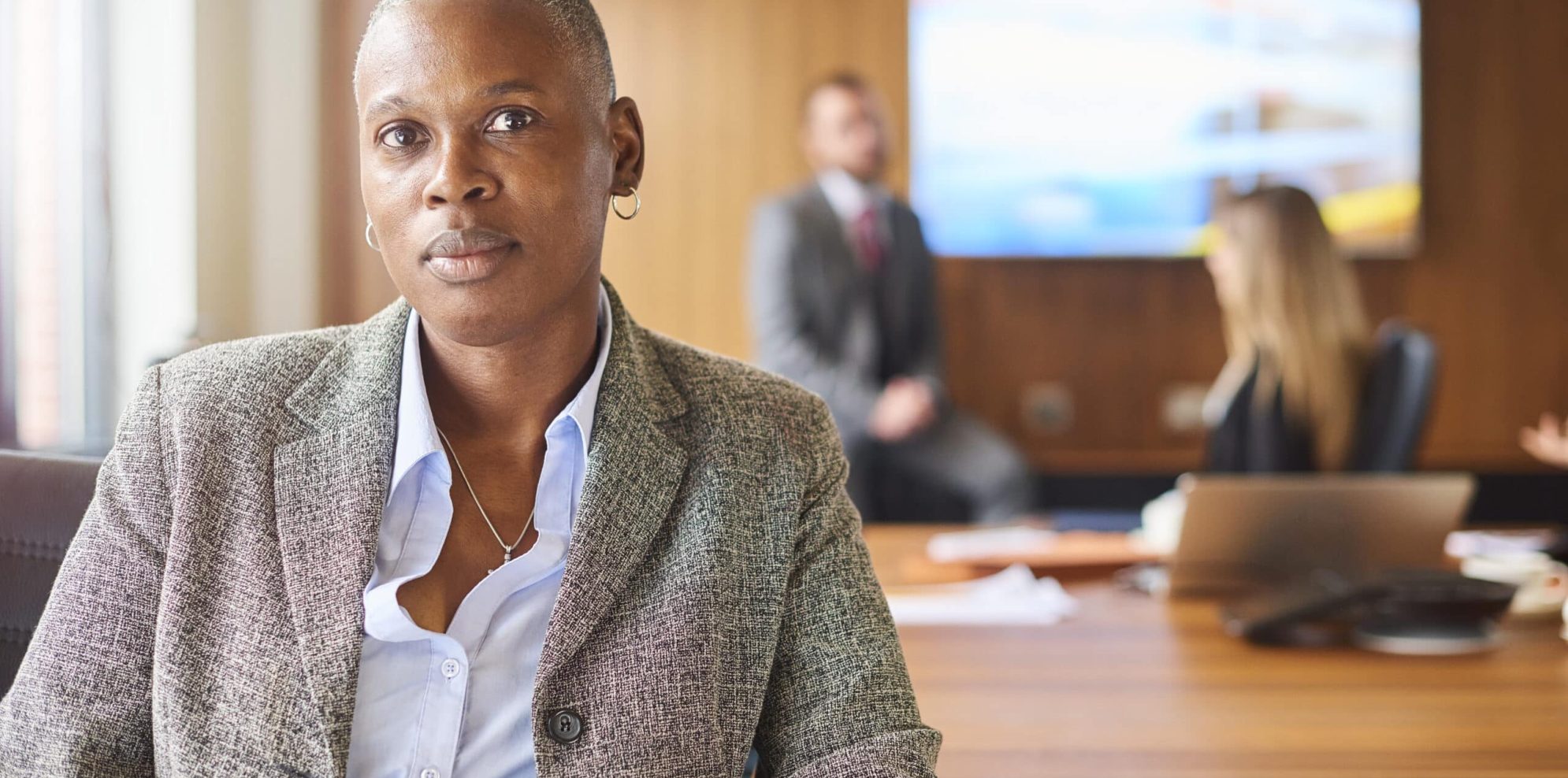Women and individuals facing gender-based discrimination have unique lived experiences based on their different intersecting identities, as Kimberlé Crenshaw explains in her work on intersectionality. For example, Indigenous women live in poverty at rates disproportionate to their share of the Canadian population. Women with disabilities face disproportionate levels of sexual violence. Immigrant women, and particularly immigrant women of colour, are disproportionately employed in part-time and precarious positions. LEAF brings an intersectional lens to our advocacy to ensure that courts, law-makers, and members of the public understand and respond to these unique experiences.
In court, LEAF has argued against discrimination based on sex, race, disability, religion, sexual orientation, receipt of social assistance, and immigration status. We have pushed for greater access to justice for sexual assault complainants labelled with intellectual disabilities, urged the court to take steps to address the over-incarceration of Indigenous women, and emphasized the racialization and feminization of poverty in arguing against discriminatory income assistance requirements. LEAF’s work will continue to fight against not only sexism and gender-based discrimination – we will continue to challenge racism, colonialism, ableism, heterosexism, transphobia, and classism in our litigation, law reform, and education efforts.

